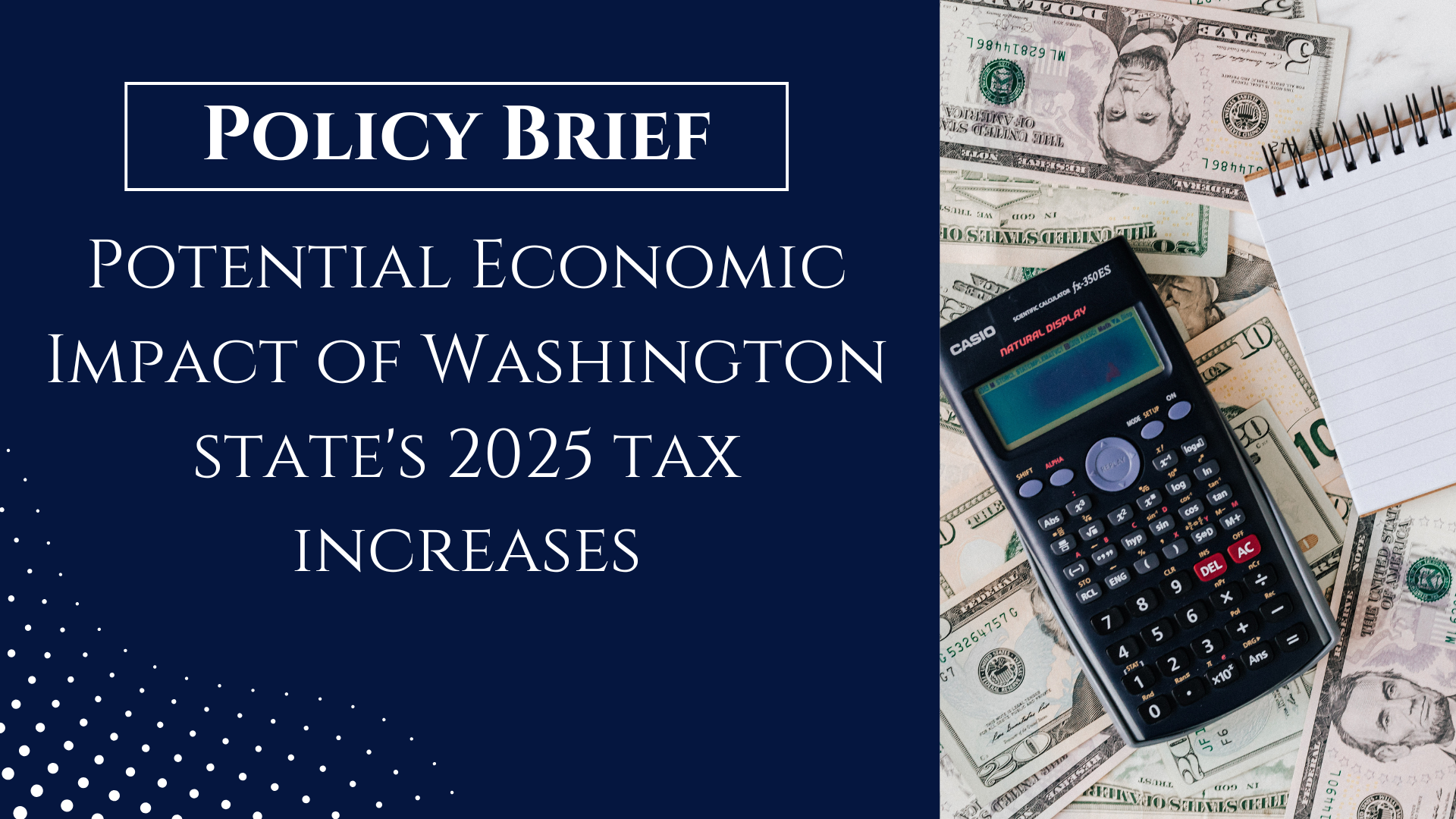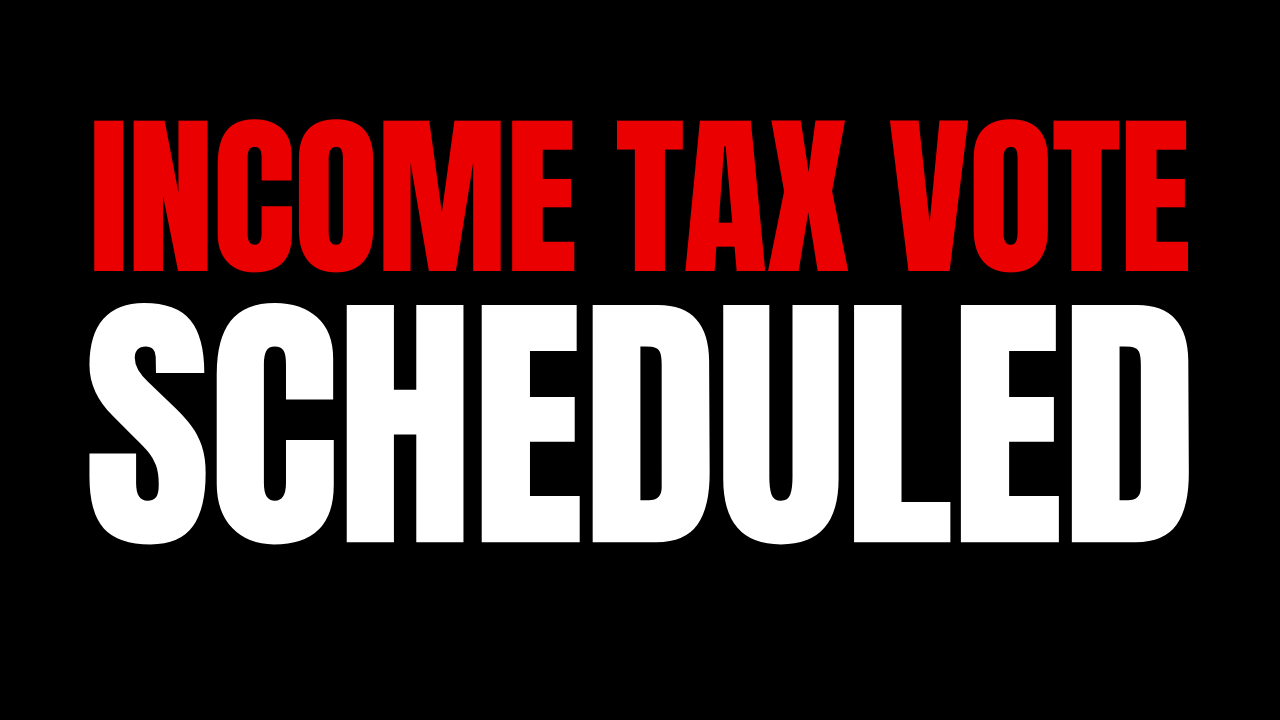Taxpayers fighting Seattle’s illegal income tax filed a response today countering the request from several Democratic lawmakers for the court to impose an income tax. Among the attorneys representing the taxpayers are former Supreme Court Chief Justice Gerry Alexander, former Supreme Court Justice Phil Talmadge and former State Attorney General Rob McKenna. They wrote to the court:
“Six state senators and eleven state representatives, repeating arguments made elsewhere in this case, ask this Court to intervene in the legislative arena. The irony should not be lost that instead of following the constitutional mandate to pass a law expressly granting Washington cities the power to tax income, a small group of state legislators ask this Court to conclude, incorrectly, that the Legislature has already granted cities such power in the Optional Municipal Code even though no city has exercised and no court has recognized such a power in the 52 years since that Code’s enactment. Instead of sponsoring legislation authorizing cities to tax income they seek refuge from political accountability by asking the courts to legislate for them.”
The brief continued:
“Amici ask this Court to rule, incorrectly, that taxing ‘total income’—as Seattle defines it—is not taxing ‘net income.’ And instead of convincing two-thirds of the members of each legislative chamber to approve referral of a constitutional amendment to the people and then a majority of voters to approve the amendment, the Amici Legislators 'encourage the Supreme Court' to ignore the State constitution’s plain language (itself the result of a voter-approved constitutional amendment) and reverse nearly a century of constitutional precedent holding that income is property. In short, these legislators do not abide by fundamental constitutional norms, and more troubling, they evidently do not respect or trust democracy. This Court should decline their invitation to undermine the proper separation of legislative and judicial powers.”
In summary the brief points out:
“If Amici Legislators wish to grant cities the power to impose taxes on income, recourse lies with Washington citizens and their elected representatives in the Legislature, through well-established democratic processes, not by fiat in the courts. The path is straightforward: enact legislation specifically authorizing local income taxes and repeal RCW 36.65.030. If Amici Legislators want an unequal, graduated income tax, convince two-thirds of the members of each house to approve referral of a constitutional amendment to the people and persuade a majority of Washington voters to amend the constitution.
As history shows, Washington voters have rejected this path time and again. Since 1934, Washington voters have voted down six attempts to amend the constitution to pave the way to graduated taxes on income. Over roughly the same period, Washington voters also have rejected four statewide ballot proposals to codify an income tax by statute . . .
Again and again, Washington voters have expressed their democratic intention that the constitutional prohibition on graduated income tax remain in its current, popularly-adopted form, and that the statutory prohibitions on income taxes not be changed. Under principles of stare decisis and constitutional avoidance, this Court should not and cannot substitute its will or the will of a handful of legislators for the will of the people. . .
This Court should neither overturn the oft-expressed will of the people, nor offer a small group of legislators refuge from the political accountability attendant to following proper legislative processes.”
Right, lawmakers via the consent of the people have the ability to change tax laws. Asking the Courts to do what is politically difficult should never be the course for lawmakers.
While we wait for the next development in the Seattle income tax case, we must stay vigilant on the games being played in Olympia right now on the capital gains income tax. With the IRS and every other tax authority in the country in agreement that a tax on capital gains is an income tax, passing such a tax without a constitutional amendment will demonstrate the real goal is to set up yet another attempt to ask the Courts to do what the voters won’t.
Additional Information
Several Democratic lawmakers ask court to allow income tax
There is no debate – a capital gains tax is an income tax (House Finance Committee 1/24 video testimony)






